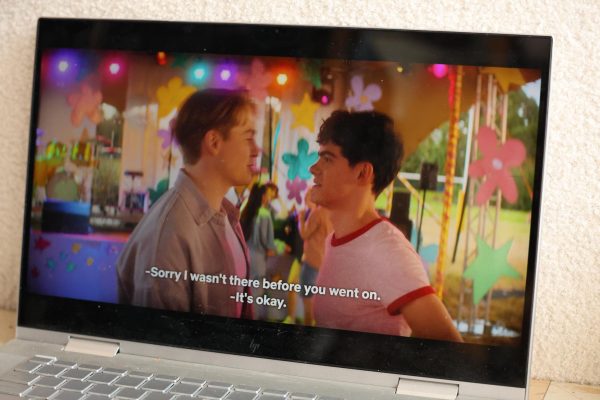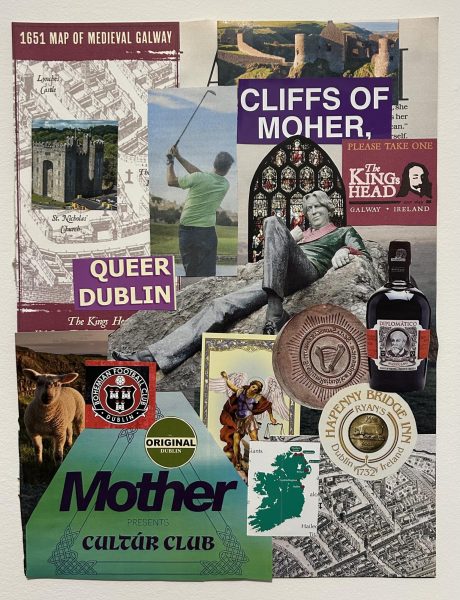“Breaking Bad” Cooks Up a Good Experience

“Breaking Bad” is a classic show. (Courtesy of Facebook)
It was a common theme throughout my youth: hearing about certain shows I neglected to watch or was unable to view as a result of strict parental guidance. I never really paid much attention, though, until I grew older and my parents gave me more freedom. I became accustomed to zeitgeist-defining shows such as “Game of Thrones” and “Stranger Things.”
It wasn’t until recently, however, that I decided to indulge in another timeless show, “Breaking Bad.”
The pilot episode starts at a rapid pace, with the main character, Walter White, racing through the desert in his RV. He records a distraught and desperate message directed at his family, seemingly hinting at his demise. The episode then immediately cuts to Walter back at home in a completely contradictory setting. It continues showing his slow, ordinary and, at times, frustrating life.
It is not until Walter is diagnosed with terminal lung cancer that he begins to adapt his tolerance to other characters, such as the bullies who terrorize his son, his assertive brother-in-law and his demanding boss. There is a clear turning point in Walter’s decision-making process which spirals into his interest in cooking methamphetamines.
The show takes a drastic turn after its slow start when Walter reunites with his old student, Jesse Pinkman, and creates his first batch of meth. The plot accelerates as Walter and Jesse begin their partnership and dive into the underground drug world. It escalates to the point that Walter is forced to kill two rival dealers who threaten to take his recipes.
While the plot proved to be gripping, there were countless underlying themes that I was able to analyze, such as submissiveness and complacency. It allowed me to continue my interaction with the show even after the episode had finished. These themes were put on display in many different parts of the episode, from Walters’ marital struggles to his son being bullied for his disability. I continued to look for ways to explore these thematic trends, speaking with my roommate with whom I had watched the episode.
I hadn’t realized the depth and community that accompanied this show until I began to ask around for opinions. Not only were the reactions astonishingly positive, but the amount of people who could carry a conversation about this show was staggering.
Even after completing a single episode, people were excited to hear my opinion and predictions for the rest of it. It created an additional layer to the show, increasing my excitement for the coming episodes and plot developments. The themes I had so profoundly interacted with during the episode became a part of each conversation I had.
The community around “Breaking Bad” quickly became a source of enjoyment that rivaled the quality of the show itself.












































































































































































































